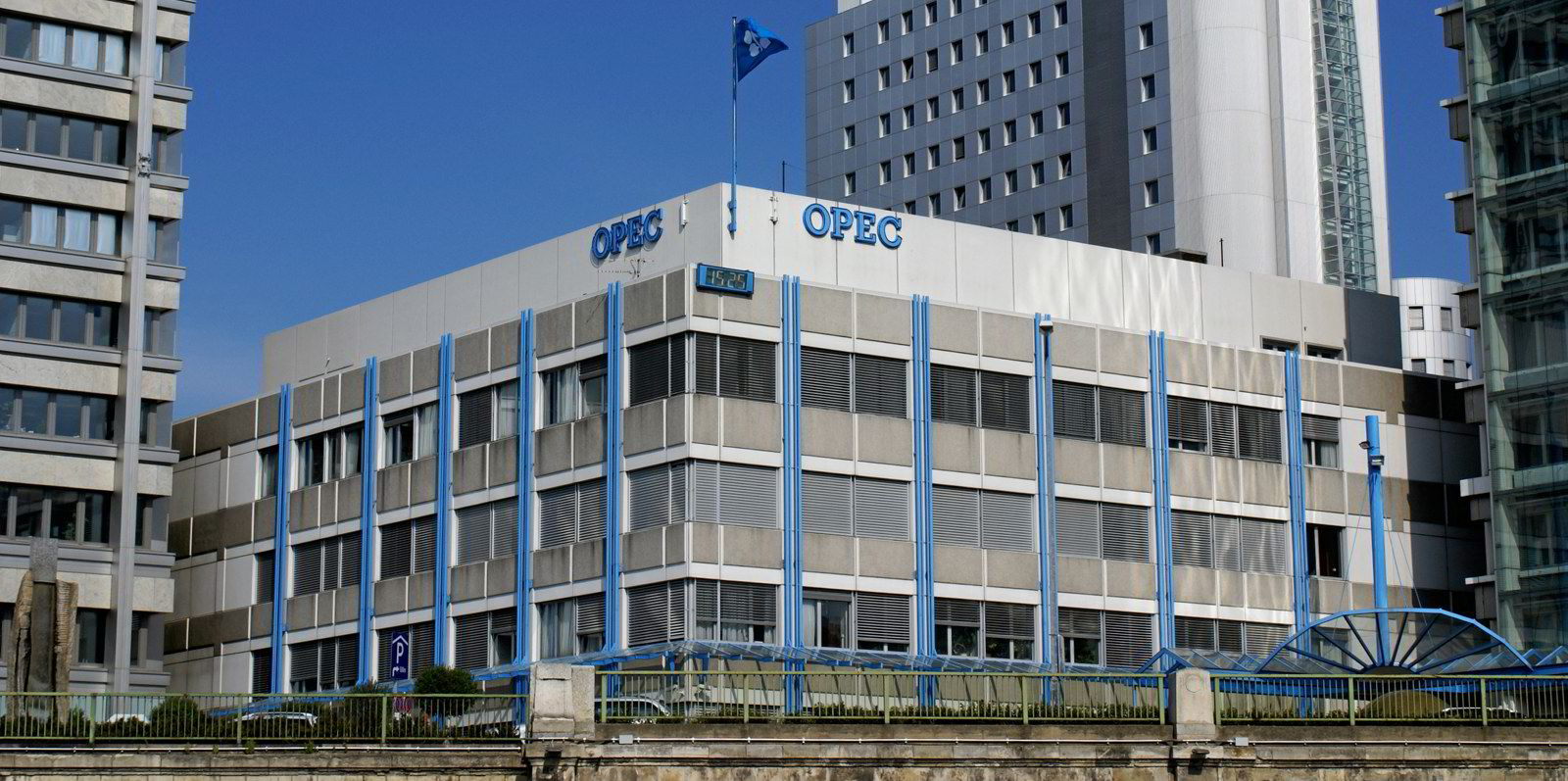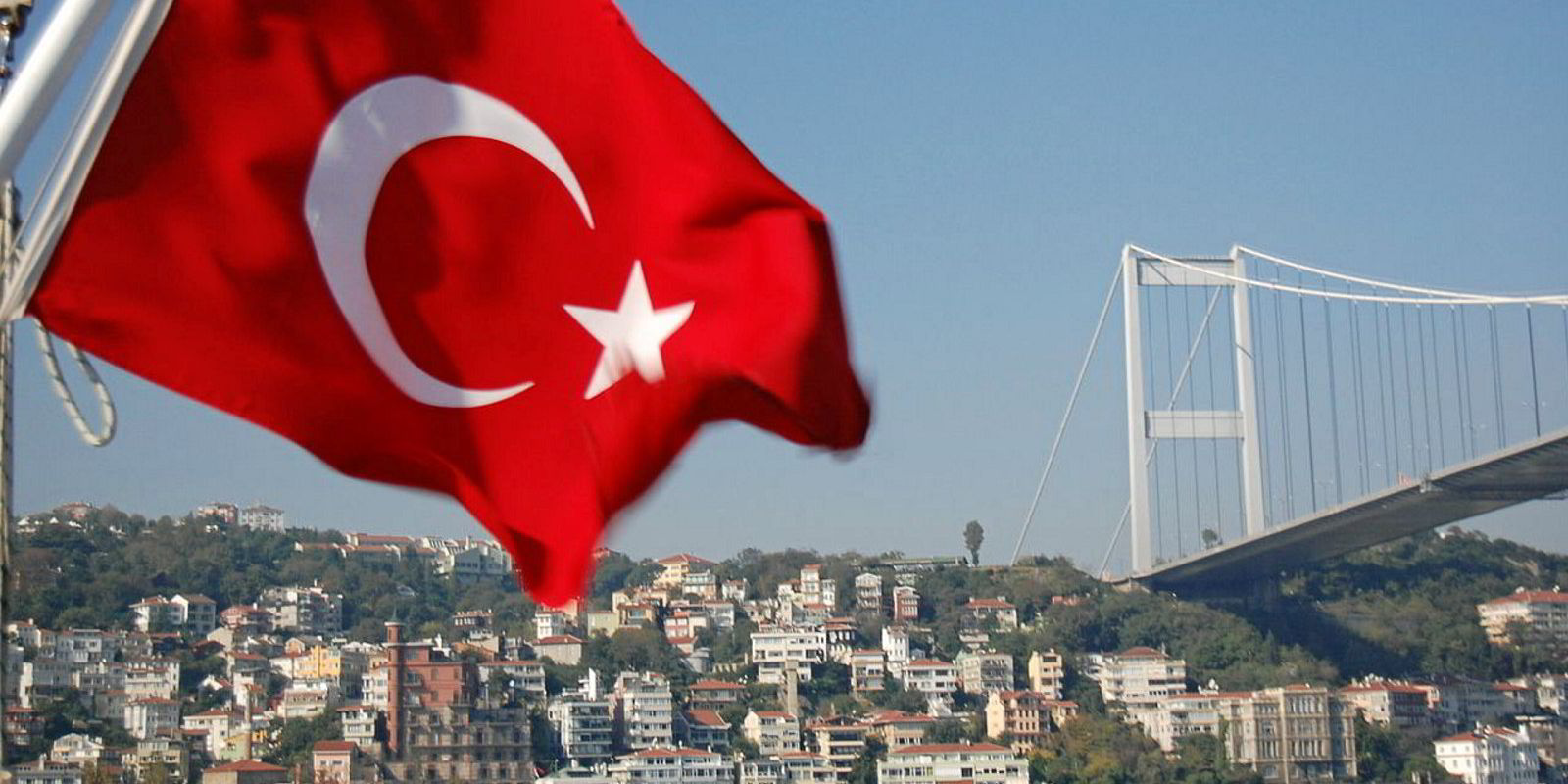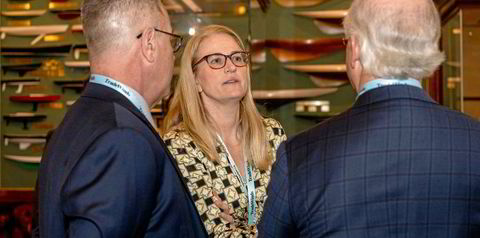The decision by Opec+ countries to cut supplies could lead to lead to small gains for the tanker trade with a minor shift in trade patterns, according to analysts.
The Opec group and other suppliers including Russia announced on Monday they would cut supplies by 100,000 barrels per day, a tiny fraction of its near 44m bpd production goal.
The small reduction was seen as largely symbolic but comes amid broader concerns about global oil flows before a European embargo on Russian oil imports from December and the latest downbeat assessment of bringing Iranian oil back to mainstream markets.
Data energy analyst Vortexa said the small cut by Middle East producers could lead to more long-haul oil trades if the Chinese economy picks up and looks to the US and West Africa for alternative supplies.
Alternatively, the aframax trade could receive a small boost with more short-distance trades with Europe looking to the North Sea and potentially Libya to fill the gap, said Ioannis Papadimitriou, a senior freight analyst.
“It’s a very small change,” he said. “We are going to see a decline in oil and it could have winners and losers.”
The decision was seen as a snub to US President Joe Biden who travelled to Saudi Arabia in July to encourage Opec to increase pumping to make up for the loss of Russian barrels.
The European embargo on Russian crude is set to be combined with an oil price cap championed by the G7 group of wealthy nations that could limit global supplies, raise prices and reduce demand for tonnage.
Biden came under political pressure in the US after the sharp rise in oil prices to more than $120 a barrel after the Russian invasion of Ukraine affected prices at filling stations. He faces mid-term elections in November.
The price of benchmark Brent crude rose nearly 4% to $96.50 after the decision before falling back slightly on Tuesday.
Bjarne Schieldrop, chief commodities analyst at Sweden’s SEB bank, predicted the cut saying high levels of Saudi production were difficult to maintain.
And Lorentzen & Co chief shipping analyst Nicolai Hansteen warned that potential production cuts were a worry for the crude oil tanker industry as it suggested that “oil on a global scale is more scarce than it looks”.
Experts said the production cut indicated Opec’s belief that prices had fallen far enough in a volatile market and was now looking to stabilise prices.
Meanwhile, the EU’s top diplomat Josep Borrell said he was less optimistic about reaching a swift conclusion on the revival of the 2015 Iran nuclear deal.
The agreement would entail closer scrutiny of Iran’s nuclear programme in return for an easing of sanctions that could return an estimated 1-1.5m bpd of crude to the global markets.
He said on Monday he was “less confident today” than at the weekend about the prospects of “closing the deal right now”.





